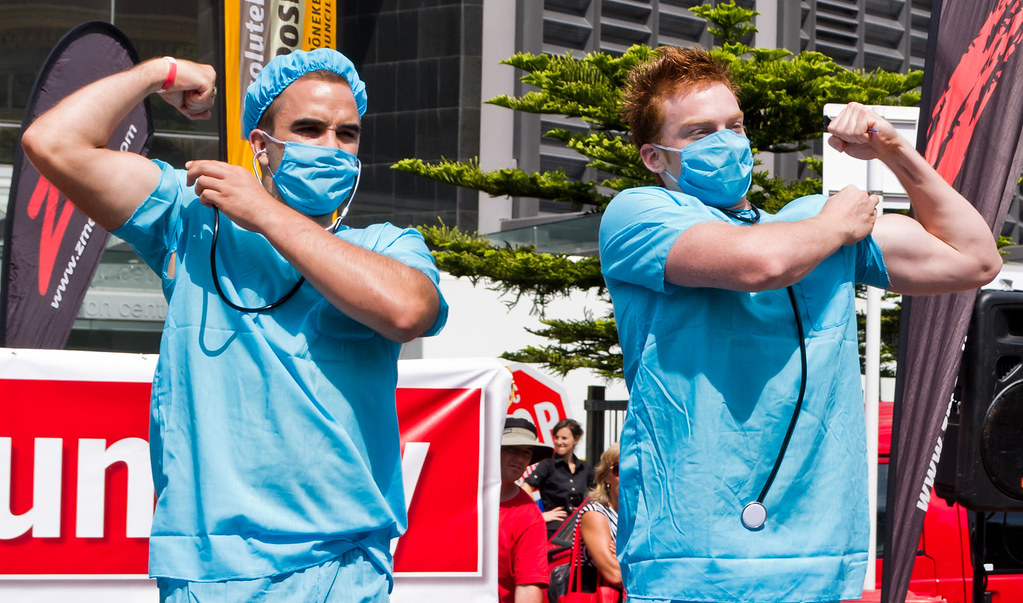
Predictors of Physical Activity and Barriers to Exercise in Nursing and Medical Students -- Lit Review #3
Citation:
Blake, Holly, et al. “Predictors of Physical Activity and Barriers to Exercise in Nursing and Medical Students.” Journal of Advanced Nursing, U.S. National Library of Medicine, Apr. 2017, www.ncbi.nlm.nih.gov/pubmed/27731886.
Summary:
The premise of the article is to investigate physical activity levels of nursing and medical students then cross examine them with barriers or predictors to exercise. Most students did not achieve the recommended levels of physical activity. Despite learning about the benefits of exercise in their classes they found themselves putting it off to the side. The most common benefit that was reported from these students were that exercise provided a sense of stress relief. Most notable barriers were lack of time, busy schedules or not as important. The students were reasonably more concerned about passing their classes than going to exercise. Oftentimes the mindset is that, "let me just finish school first then I will have time to workout in the future". Healthcare professional students generally have low levels of physical activity due to their intensive work load. Overall this could increase their health risk and may influence their health promotion practices with patients. Many people go by the saying, "practice what you preach" when prospective doctors and nurses are not doing the same.
Authors:
Holly Blake
- Associate Professor of Behavioural Science School of Health Sciences, University of Nottingham, UK
Natalia Stanulewicz
- Doctoral student, School of Psychology, University of Nottingham, UK
Francesca Mcgill
- Staff Nurse, Nottingham University Hospitals NHS Trust, UK
The authors come from different backgrounds and specializations under the umbrella of health professions. They are very credible to this research and have surveyed 361 nursing and medical students studying at a UK medical school. As well as the data they receive, they can provide input to further the research from their working experience.
Key Terms:
- self-efficacy
- an individual's belief in his or her capacity to execute behaviors in one's own environment
- nursing
- the practice of providing care for the sick and unhealthy
- healthcare
- the organized provision of medical care to individuals or a community
Three Quotes:
- "Lack of time, fatigue and lack of motivation have been identified as the primary barriers identified by registered staff nurses"(919).
- "Physical activity levels are less than exemplary in healthcare professionals and students. This is concerning given their education and training around the health benefits of physical activity and their roles as advocates of health and well-being" (922).
- "Efforts should be made to promote physical activity in healthcare students to increase the proportion meeting the basic daily recommendation for the level of physical activity required to benefit health"(925).
Value
Once again this is an article relating physical activity and exercise to college students. However this case in particular relates to me personally as I am a healthcare student. I try to remind myself to really practice what I am being taught myself to gain a greater sense of how to provide the best care for my patients in the future. While some people are great at giving advice, they might not take their own advice. In the healthcare field it is very important for us to do both and really provide the most beneficial information for the patient.
No comments:
Post a Comment